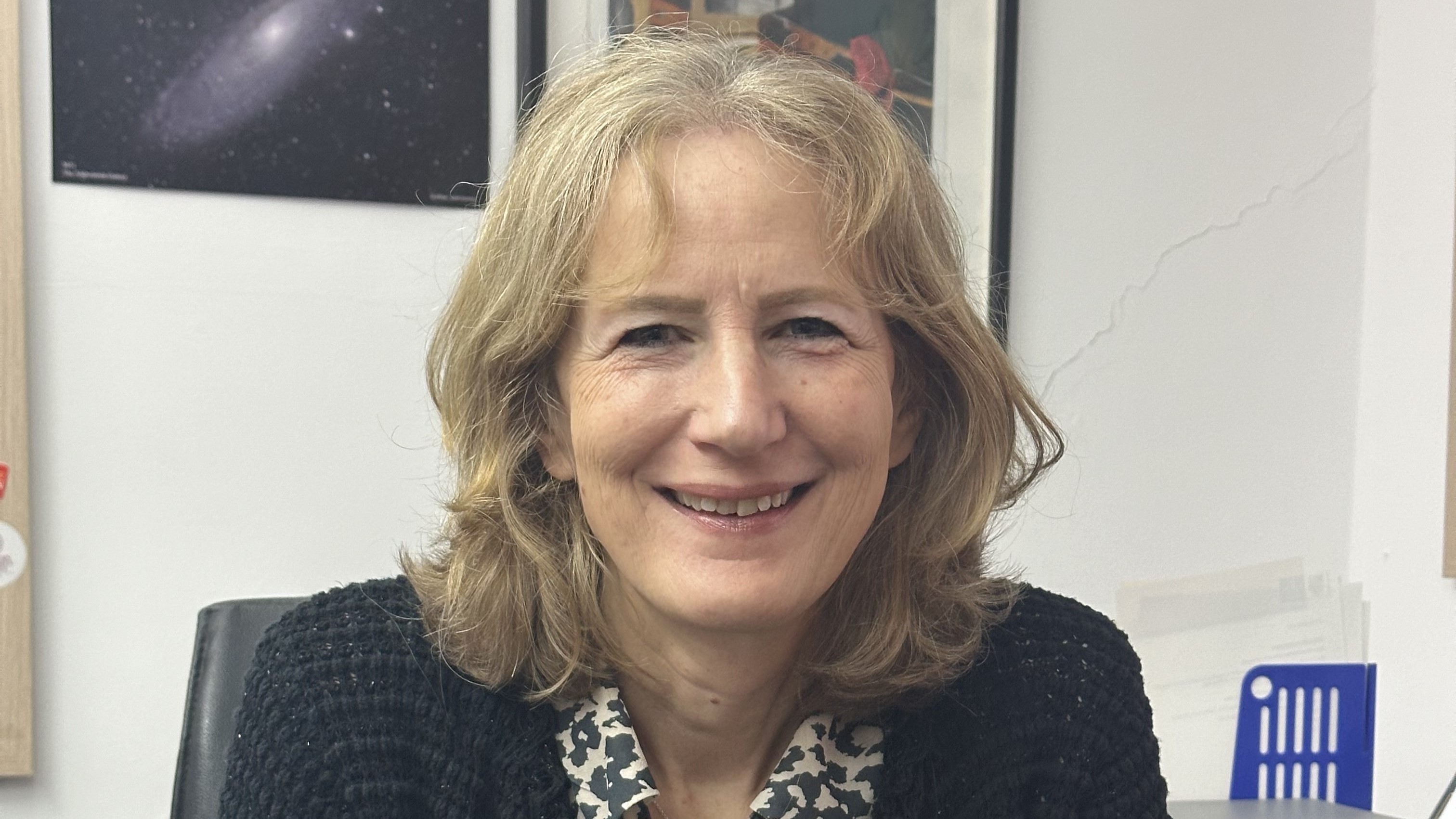Early birds: how to support younger students with an interest in medicine
Students as young as Year 9 can already show an interest in studying medicine – which gives them plenty of time to build up relevant skills and experience

One of my most successful medical applicants started very young. I had arranged a medical-skills workshop, and she asked me somewhat shyly if she could attend, even though she was far younger than the cohorts I had originally targeted.
Impressed by her determination, I began an interesting journey with her, which ultimately led to her acceptance at a top UK medical school.
Now, reflecting on this experience, if any Year 9 students mention an interest in medicine when I talk to them about their IGCSE choices, I actively encourage them to start exploring and building their skill set. In this way, by the time it comes to writing a personal statement or letter of motivation and preparing for interviews, they will already have an extensive range of experiences to talk about and a strong set of relevant skills.
Conversely, they may discover an alternative career path along the way, and decide they are much more excited by other options, such as biomedical engineering or another healthcare profession. Or they may come to understand that working in the healthcare sector is not for them at all. Either way, the students will be better prepared for their next steps.
Here are some key areas for younger students expressing an interest in medicine to focus on.
Cultivate curiosity about the world and current affairs
Students who are accustomed to reading the news and following current affairs can discuss a wide range of topics with confidence. This will help them build up an accumulation of knowledge, so that when considering hot topics in medicine, they will already have background information from their wider reading.
As well as following websites like BBC News, you can suggest that they look at an age-appropriate news website, such as The Day. TED talks are another great source of information.
If they make reading the news part of their daily routine from a younger age, it will help with interview preparation. This way, keeping up to date with current events is not seen as additional workload, but rather as an extension of what they already do.
It is always helpful for students to understand why they are being asked to do something. So encourage them to consider that, as a doctor, they will be required to commit to lifelong learning. Following current affairs also increases your global knowledge, cultural awareness and keeps you up to date with regard to ethical issues.
Make connections across subject disciplines
A medic, focused on delivering the best patient-centred care and usually working in an organisation, needs to make connections across many subjects on a daily basis: the individual sciences, psychology, economics and philosophy, to name a few. So it is useful if students get used to thinking more broadly and making these connections.
There are many ways of doing this. It could be through projects at school or taking part in debates that naturally require this skill of pulling together knowledge from a broad range of disciplines. Useful resources can be found on Science in Society, Staircase 12 and Oxplore.
Inspire and nurture a love of science and learning
Science and learning should be fun, and students should enjoy going beyond their curriculum, so try Sciber Monkey. For some additional science-related content, students can also visit: Oxford Sparks, University College Oxford’s resource hub for medical science, Springboard’s medicine and science videos and Your Genome.
If you, as a counsellor, are excited when talking to students about their findings, it adds value to what they are doing and encourages them to explore and share their work.
Discuss the benefits of volunteering
Encourage students to volunteer in any capacity. It could be an informal arrangement, such as shopping for an elderly neighbour, baking cakes for a charity sale at school or working part-time at a local charity. The important aspect to cultivate is the willingness to give up time to help others – and an understanding of its significance in relation to a career in medicine.
Encourage relevant skill building
Encourage students to undertake independent research, using their initiative to find new and interesting information about topics they are personally interested in. A great starting point is to research careers: Bitesize Careers and NHS Careers.
Think about how to present work imaginatively – they can present to their peers, which in turn can be used to demonstrate their leadership and communication skills.
Learn to use social media wisely. Students can start to follow universities they are interested in, as well as organisations such as Interesting Engineering – which often posts about the latest tech developments for medical purposes.
Think creatively, looking for ways to make science fun – such as the James Dyson Foundation challenges.
Understand what critical thinking means and how to build those skills. See: Critical thinking, super curriculars and keeping a journal.
Build good study habits. Ultimately, studying medicine requires a lot of academic study, self-discipline and hard work. Read study-skills advice.
Take on age-appropriate activities to build responsibility and leadership. These could include babysitting, assisting younger siblings with homework or volunteering to help younger children with a particular sporting activity.
Seek out activities to improve their communication skills. This can include school clubs and extracurricular activities. Learning to communicate appropriately with a broad variety of people in a wide range of settings – including verbal and written communication – is very helpful. In the digital age, the definition of appropriate communication sometimes needs further discussion.
Increase self-awareness, including knowledge of personal strengths and weaknesses. Guide the students on how to become reflective in their learning, as this is vitally important in medical studies. Encourage students to keep a journal where they record activities, successes and failures, as well as reflections on what went well or badly, why and what they could have done to improve or change the outcomes.
Interview questions often include personal strengths and weaknesses, and it is always useful to be able to pinpoint how students have addressed those weaknesses through reflection. Starting these habits at a younger age will lead to greater confidence in interviews, because reflection will have already become a part of their learning process.



